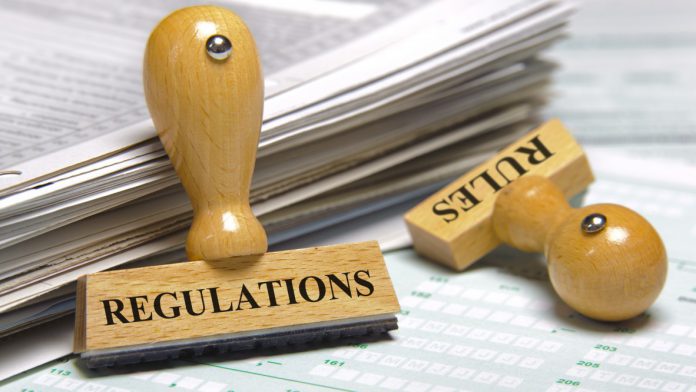Gambling regulation is failing to ‘keep pace’ with the advances in technology across the industry, according to a new report published by the National Audit Office.
The report, which primarily looks at the ways in which the gambling industry is regulated, suggested that the UK Gambling Commission and Department of Digital, Culture, Media and Sport should ‘be more strategic’ in the ways that it encourages licensees to protect punters.
While the report emphasised that the UKGC has implemented measures which have helped make gambling safer, it also highlighted that incentives could be utilised in order to push operators ‘to do more to make gambling safer beyond meeting minimum requirements’.
Among its recommendations, the NAO has suggested that both the regulator and government must become ‘more systematic and detailed’ in the ways that it records and analyses customer data.
The conclusions of the report found: “Gambling-related harm is a serious problem for the individual affected and people close to them. It imposes potentially significant costs on public services and society more widely, although the government has a limited understanding of these impacts. The Gambling Commission is a small regulator in a challenging and dynamic industry.
“To reduce these harms, it has increased its regulatory action (such as penalties on operators that break rules) and its collaboration with others in the field. But there is more it needs to do to identify where problems are occurring and ensure gambling operators raise their standards.
“The way people gamble is changing, with new risks emerging in online and mobile gambling and other technological developments. The Commission’s ability to ensure consumers are protected from these new risks is constrained by factors outside its control, including inflexible funding and a lack of evidence on how developments in the industry affect consumers.
“The Commission is unlikely to be fully effective in addressing risks and harms to consumers within the current arrangements.”
Commenting on the report, Gareth Davies, the head of the NAO, said: “Licensed gambling has grown by 57 per cent – £4.1 billion – over the last decade mainly due to a massive increase in online and smartphone gambling. The risks to gamblers are changing as technologies develop.
“Yet the Gambling Commission is a small regulator in a huge and fast-evolving industry. While the Commission has made improvements, gambling regulation lags behind the industry. The Commission and government need to work together to ensure that regulation keeps pace with the risk to gamblers.”
The re[pry also added that even if the UKGC were to take the recommendations on board, it is still ‘unlikely to be fully effective in regulating a challenging and fast-changing industry within the current system.’
Meg Hillier MP, chair elect of the Committee of Public Accounts, added: “Gambling firms make billions a year, often profiteering from addicts. It’s horrifying to hear that 55,000 children could be problem gamblers.
“The Gambling Commission needs to up its game. It is not doing enough to make gambling safe and ensure firms raise their standards.
“Government must play its part too. Many cash starved local authorities are not inspecting gambling premises and DCMS have failed to give the Gambling Commission access to the funding it needs. Problem gambling can lead to terrible human suffering, its high time government, regulators and industry resolved this.”
Responding to the report, a Gambling Commission spokesperson said: “We welcome today’s NAO report and are pleased that it recognises our work in making gambling safer. We agree with the report’s assessment that we face the significant challenge of regulating a dynamic and developing industry. It also underlines the constraints that our current funding arrangements presents and we are developing proposals to discuss this with DCMS.
“We have made progress in making gambling safer, but more needs to be done. In addition to a programme of tougher enforcement and compliance activity, in the last two years we have strengthened protections including online age and ID verification, customer interaction and most recently we banned gambling on credit cards.
“We must see a reduction in the number of people experiencing harm and we are currently pushing the industry to focus on poor VIP practices, advertising technology and game design.”











